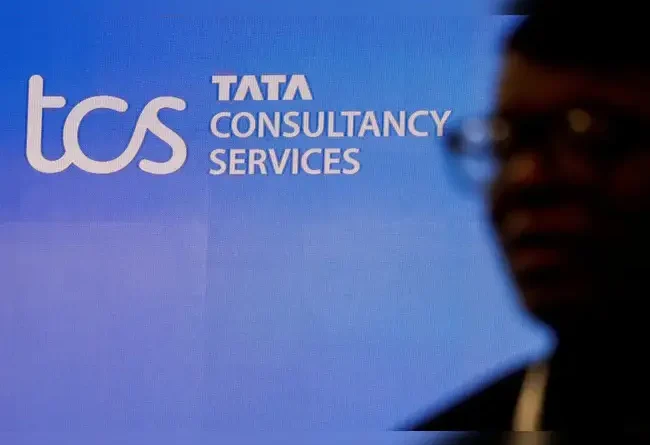
The largest IT services provider in India, Tata Consultancy Services (TCS), revealed plans to fire more than 12,000 workers this year, or around 2% of its global workforce. The action, which has never been taken by TCS before, is a component of a larger plan to become a “future-ready organization.” With over 613,000 employees worldwide, the corporation wants to restructure its personnel to better meet the needs of technology and shifting market conditions.
The layoffs primarily target middle and senior management roles rather than entry-level or junior employees. This shift reflects TCS’s need to adapt to evolving client needs and global economic conditions, including delays in project decisions and a slowdown in IT spending by customers worldwide. The company emphasizes that the measures are carefully planned to avoid disruptions in service delivery to its clients.
The Role of AI and Automation in Workforce Changes:
One of the key drivers cited by TCS is the rising impact of artificial intelligence (AI) and automation technologies. While TCS insists that AI is not the sole cause of layoffs, it acknowledges that automation has reduced the demand for certain skills previously widespread in the workforce. As AI increasingly contributes to tasks such as coding and routine operations, roles requiring specific traditional skills are becoming less relevant.
The company is focusing on reskilling and redeploying employees wherever possible to align with its AI-driven and digital-transformation goals. However, some roles, especially in mid and senior levels, are being phased out due to skill gaps or irrelevance to future projects. The layoffs accompany ongoing efforts to build teams proficient in cloud computing, AI deployment, and emerging technologies that TCS believes will define the IT landscape going forward.
Employee Concerns and Corporate Responsibility:
The announcement has triggered concern and anxiety among the workforce and industry observers, given TCS’s long-standing reputation for employee stability. Employees on “bench” (those without active projects) face particular uncertainty due to recently introduced policies that limit their tenure without billable assignments, increasing the risk of termination.
While TCS reported record profitability—with net profits nearing ₹49,000 crore and cash reserves exceeding ₹45,000 crore—the decision to lay off experienced mid and senior staff has raised questions regarding the company’s motives, with some critics suggesting the move is aimed more at margin improvement than workforce optimization.
TCS has committed to providing affected employees with compensation that includes notice period pay, severance packages, extended insurance benefits, and outplacement support. The company is also investing in retraining programs to help employees develop skills relevant to new business areas, underscoring its message of a responsible transition process.
Managing the IT Industry’s Transformation:
TCS’s decision to reduce its workforce comes amid a wider trend of transformation in India’s IT services sector, where companies face macroeconomic uncertainties, shifting client priorities, and the disruptive influence of AI technologies. The sector, which collectively generates over $283 billion in revenue, is witnessing slower hiring rates and increased focus on upskilling to remain competitive.
The layoffs at TCS highlight the challenges facing IT giants as they balance profitability with workforce stability in an era of rapid technological change. For employees, the focus on continuous learning and flexibility has become critical for career sustainability.
For TCS, this workforce realignment is part of a strategic commitment to deepen its presence in emerging tech areas, expand into new markets, and deploy AI solutions at scale for both clients and internal operations. How effectively the company manages this transition will likely influence its position as a global IT leader in the years to come.








